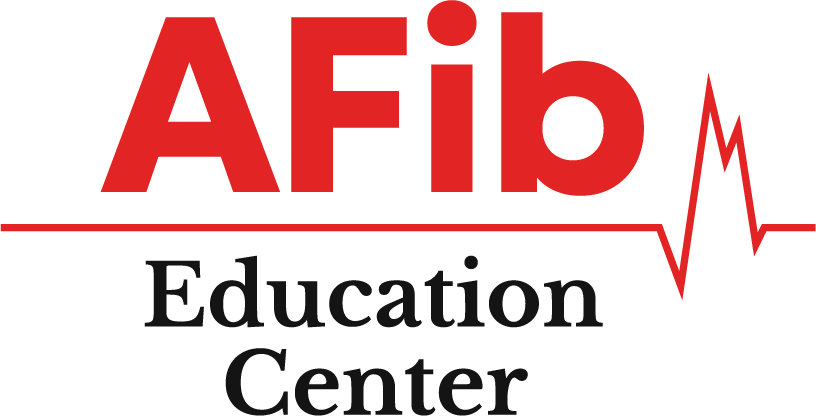AFib Questions, Answered
Dr. Scott Lee will help you understand atrial fibrillation and treatment options so you can make confident decisions based on your condition and health goals.
Your Educational Resource for Atrial Fibrillation
If you’ve heard of atrial fibrillation, or AFib, but don’t know what it means or what you should do about it, you’re not alone. There are a lot of misconceptions and confusion surrounding AFib. Dr. Lee’s mission is to bridge the knowledge gap with free Afib education resources. When you have a deeper understanding of Afib and all available treatment options, you’ll feel more comfortable taking ownership of your care so you can live life on your terms.

Dr. Scott Lee, MD Clinical Cardiac Electrophysiologist
What Is Atrial Fibrillation?
Atrial fibrillation is the most common type of abnormal heart rhythm, or arrhythmia. AFib affects 1-2% of the population and becomes more prevalent with aging.
AFib is a condition in which abnormal electrical cells “wake up” and take over control of your heart rate. Your heart will start beating faster and irregularly, which can lead to symptoms such as palpitations, shortness of breath, fatigue, and chest discomfort or tightness. When the abnormal cells go “back to sleep,” your heart resumes beating at a normal rate.
It’s Electrical, Not Plumbing
AFib like all abnormal heart rhythms has nothing to do with the heart’s “plumbing system,” the heart arteries which supply blood flow to the heart muscle itself to keep it alive. When the “plumbing system” develops cholesterol blockages that cut off blood supply and oxygen to the heart, the muscle tissue suffers or dies causing chest pain and heart attacks. On the other hand, the electrical system of the heart only does one thing which is to control the speed at which the heart beats. Therefore arrhythmias like AFib can cause the heart rate to become fast and erratic, but failure to treat it will not directly lead to a heart attack.

The Truth About AFib

Atrial fibrillation is not directly life-threatening. Just because your heart is racing, it doesn’t mean you have AFib, and it doesn’t mean you’re about to have a heart attack. However, if you have a weak heart, A-Fib can exacerbate the underlying condition and increase the risk of more serious complications. There is also a small risk of a blood clot or stroke if AFib is not treated.
There could very well be multiple treatment options depending on your symptoms, but there is no best or worst AFib treatment. If you experience symptoms of AFib or use a mobile app that detects an abnormally fast or irregular heartbeat, see a doctor who specializes in abnormal heart rhythms for a thorough discussion of treatment options so you can determine the best path forward based on your specific condition, risk tolerance, and health goals.
